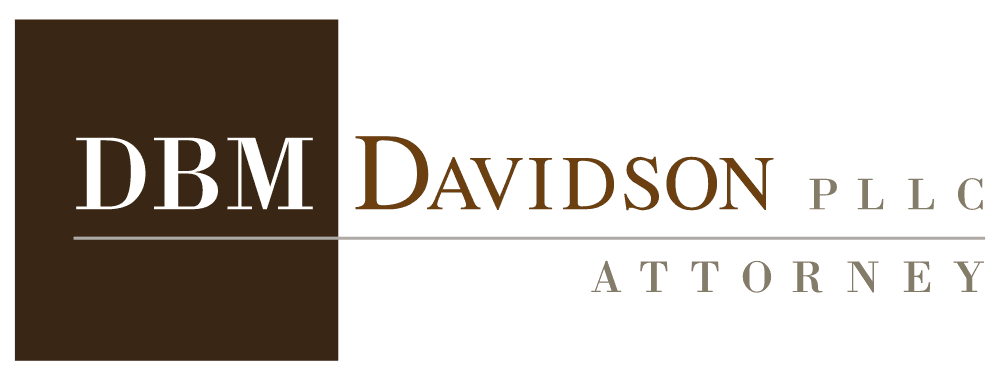Chapter 12 Bankruptcy Protects The Family Farm While Restructuring Debt
Chapter 12 Bankruptcy
Chapter 12 bankruptcy is intended to allow a family farmer or a family fisherman with regular annual income to continue farming and restructure debt with court protection.
Chapter 12 is designed to eliminate many of the barriers to restructuring that are found under a Chapter 11 bankruptcy, and reduce the time and expense of obtaining approval of a reorganization plan.
Eligibility To File Chapter 12
An individual family farmer is eligible to file a Chapter 12 bankruptcy if:
- Total debts do not exceed $4,153,150;
- At least 50% of the fixed debts, exclusive of home loans, relate to the farm operation; and
- More than 50% of the gross income is from farming.
A family farm that is owned by a corporation or partnership is eligible to file a Chapter 12 bankruptcy if:
- More than 50% of the corporation or partnership is owned by one family or an extended family;
- The family or the extended family operates the farm;
- More than 80% of the value of the corporate or partnership assets relate to the farm;
- The total indebtedness of the farm corporation or partnership does not exceed $4,153,150;
- At least 50% of the corporation’s or partnership’s fixed debts, exclusive of one home loan for a home occupied by an owner, relate to the farming operation; and
- The stock in the farm corporation is not publicly traded.
The Automatic Stay
Filing a petition under Chapter 12 automatically stays most collection actions against the family farmers or the family farm. Although the rights of creditors are protected during a Chapter 12 bankruptcy, those protections are limited to the exercise of their rights as restricted by the bankruptcy law.
As long as the stay is in effect, creditors are prohibited from filing or continuing foreclosures, repossessions or state court lawsuits.
Protection Of Co-Signers
Chapter 12 bankruptcy also protects anyone that that has co-signed as a guarantor on debt that was primarily incurred for a personal, family, or household purpose. Unless the bankruptcy court authorizes otherwise, a creditor may not seek to collect these consumer debts from any co-signer.
The Chapter 12 Plan
The ultimate goal of Chapter 12 is Court approval of a feasible restructuring plan.
A Chapter 12 plan will provide for fixed payments to the Chapter 12 trustee on a regular basis. The plan may also provide for the sale or return of burdensome farm property.
The plan does not have to pay unsecured debt in full, as long as the farmer commits to pay all projected “disposable income” to fund plan payments over a period of not less than three years, or more than five years.
“Disposable income” is defined as income not reasonably necessary for the maintenance or support of the farmer or the farmer’s family, or not reasonably necessary for making payments needed to continue, preserve, and operate the farm.
Unsecured creditors must receive at least as much as they would receive if the farm’s nonexempt assets were liquidated under a Chapter 7 bankruptcy.
The plan must pay secured creditors at least as much as the value of their collateral.
This means that a creditor secured by equipment must be paid at least as much as the equipment was worth when the Chapter 12 case was filed.
Plan payments to secured creditors may continue longer than payment period for unsecured creditors if the secured loan was scheduled to be paid over more than five years. In that case, the loan can be paid over the original repayment schedule as long as past due payments are brought current during the plan.
Within 45 days after filing the Chapter 12 plan, the bankruptcy judge will determine whether the plan is feasible and meets the standards for confirmation under the Bankruptcy Code.
If these tests are met, the Chapter 12 Plan will be approved. The debts are then restructured according to the plan, which is binding on all creditors.
The Chapter 12 Trustee
An impartial Chapter 12 trustee is appointed in every Chapter 12 bankruptcy case. The trustee evaluates the assets and liabilities of the farm operation, and will comment on the feasibility of the Chapter 12 plan.
For Seattle Chapter 12 bankruptcy cases, and for all of Western Washington, the Chapter 12 trustee is Virginia A. Burdette, with offices at 600 Stewart Street, Suite 1300, Seattle, Washington 98101-1212.
For Spokane Chapter 12 bankruptcy cases, and for all of Eastern Washington, the Chapter 12 trustee is Ford Elsaesser, with offices at P.O. Box 1049, Sandpoint, Idaho 83864.
The Chapter 12 trustee also serves as a disbursing agent after a repayment plan is approved. As the disbursing agent, the trustee receives payments from the farm, and distributes funds to creditors as required by the plan.
The Chapter 12 Discharge
The debtor will receive a discharge after completing all payments under the Chapter 12 bankruptcy plan.
The court may grant a “hardship discharge” to a Chapter 12 farmer even though the plan payments were not completed if the failure to complete those payments was due to circumstances beyond the farmer’s control and through no fault of the farmer.
For example, an injury or illness that makes it impossible to fund even a modified plan may serve as the basis for a hardship discharge. The hardship discharge does not apply to any debts that would not be discharged in a Chapter 7 case.
The discharge releases the debtor from debt as provided by the plan.
Those creditors who were paid under the plan can never collect the discharged obligations. Creditors must have received at least as much as they would have received in a Chapter 7 case.
We Can Help
The attorneys of Davidson Backman Medeiros are experienced counsel to debtors in possession in Chapter 12 bankruptcy reorganizations. Call (509) 624-4600 or email information@dbm-law.net for further information regarding the filing of a family farm bankruptcy under Chapter 12.
